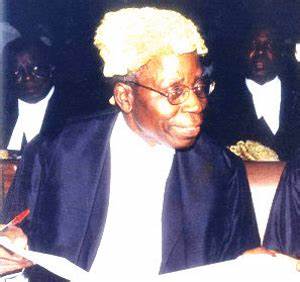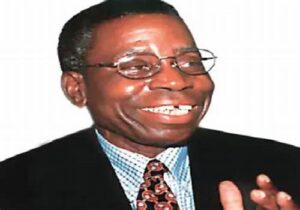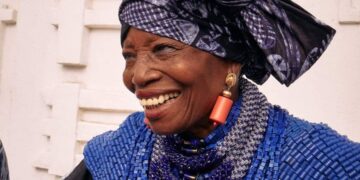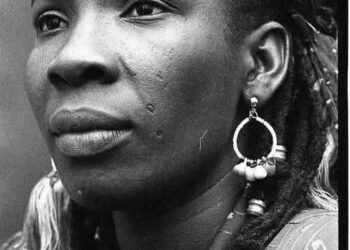Chief James Ajibola Idowu Adegoke Ige, commonly known as Bola Ige, was a prominent Nigerian lawyer and politician. The sage had his last breath on Dec. 23, 2001 following his assassination by yet-to-be identified individuals in Solemilia Court, No 8, Akinlabi Sanda Close, Bodija in Ibadan, Oyo State. The gruesome murder also led to the sudden death of Atinuke, his wife; and destabilized his family. Though a Yoruba man, he was born in Kaduna when he had his humble beginning. He later moved to the west at the age of 13 in 1943 and attended the prestigious Ibadan Grammar School and the University of Ibadan where he studied Classics. At Edutimes Africa, we remember the sage who died 23 years ago at this moment of reflection.

Lover of history recalled how he implemented the free education policy of the UPN all through Oyo state and established the Ladoke Akintola University of Science and Technology (LAUTECH) amongst other great projects he established in the state which endeared him to the masses who continually sang his praises.
Here are 20 interesting facts about him:
1. Birth: Born on September 13, 1930, in Esa-Oke, Osun State, Nigeria.
2. Education: Attended Ibadan Grammar School (1943–1948) and the University of Ibadan.
3. Legal Training: Graduated with a law degree from University College London in 1959; called to the bar at Inner Temple, London, in 1961.
4. Law Practice: Founded Bola Ige & Co in 1961 and became a Senior Advocate of Nigeria.
5. Linguistic Skills: Fluent in Yoruba, Igbo, and Hausa languages.
6. Early Political Involvement: Active during Nigeria’s First Republic; involved in the Action Group crisis.
7. Commissioner for Agriculture in the Western Region when General Yakubu Gowon was Head of State.
8. Governor of Oyo State: Held office from October 1, 1979, to October 1, 1983.
9. Political Party: Member of the Unity Party of Nigeria (UPN) during the Second Republic.
10. Detention: Detained after the 1983 military coup; released in 1985.

11. Minister of Power and Steel: Appointed by President Olusegun Obasanjo; served from May 29, 1999, to January 3, 2000.
12. Minister of Justice and Attorney General: Served from January 3, 2000, until his death in 2001.
13. Advocacy: Vocal opponent of the implementation of Sharia law in northern Nigeria.
14. Authorship: Authored several books, including “People, Politics And Politicians of Nigeria: 1940–1979” and “Kaduna Boy.”
15. Assassination: Murdered on December 23, 2001, at his residence in Ibadan, Oyo State.
16. Unsolved Case: His assassination remains unsolved, with perpetrators still unidentified.
17. Family: Married to Atinuke Ige; they had children together.
18. Religious Affiliation: Practiced Christianity throughout his life.
19. Oratory Skills: Renowned for his eloquence and public speaking abilities.
20. Legacy: Remembered as a significant figure in Nigerian politics, with ongoing commemorations of his contributions.


















































































 EduTimes Africa, a product of Education Times Africa, is a magazine publication that aims to lend its support to close the yawning gap in Africa's educational development.
EduTimes Africa, a product of Education Times Africa, is a magazine publication that aims to lend its support to close the yawning gap in Africa's educational development.